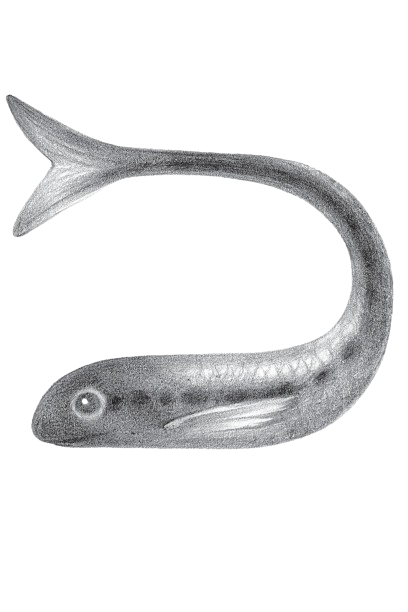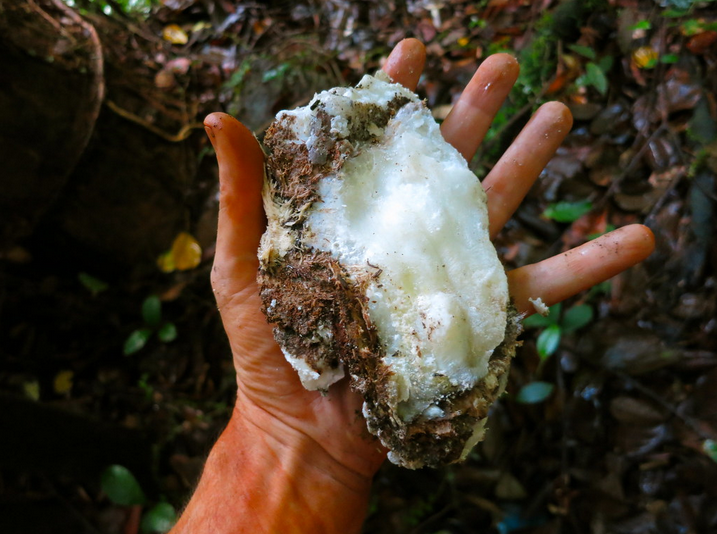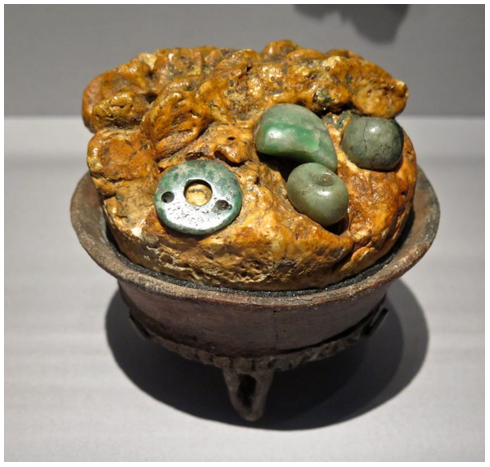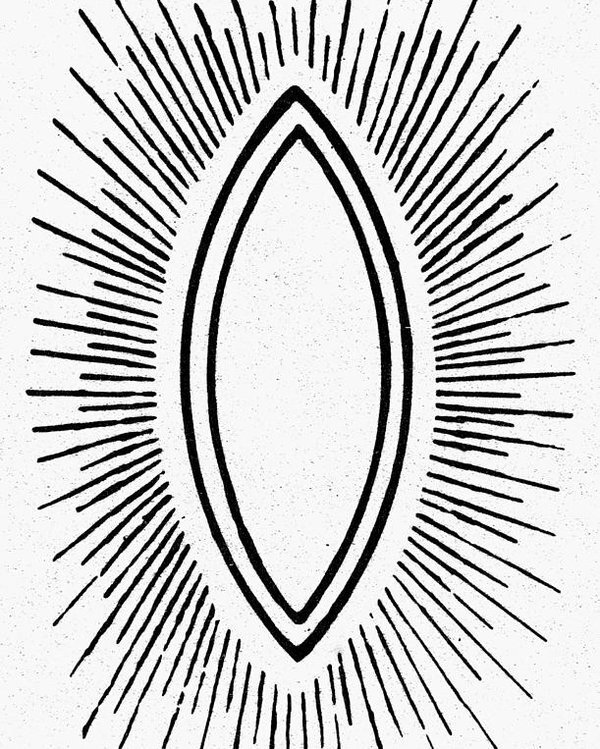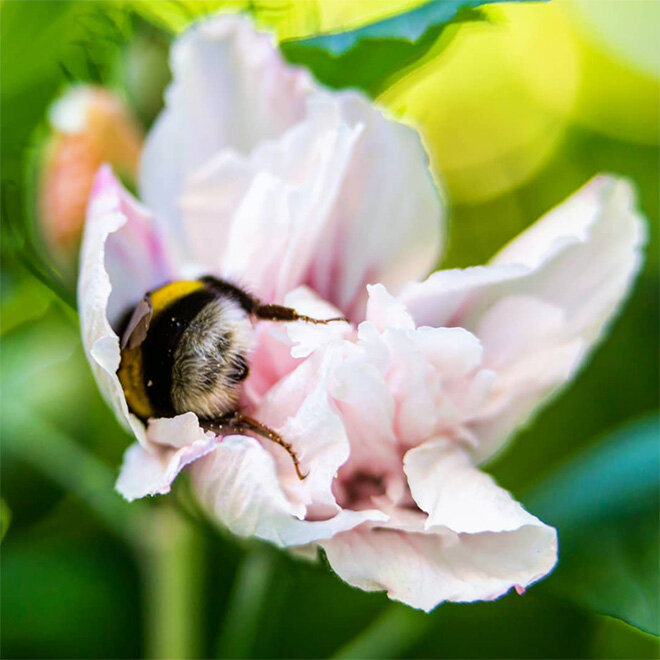Note: This post was written on 2.20.2020 during the #ThankYouPlantMedicine campaign to destigmatize and show a massive wave of appreciation for plant medicines and psychedelics.
***
“Healing ourselves and working to resolve the contradictions in the human-Earth ecology is the same work.”
– Elias Amidon and Elizabeth Roberts, Earth Prayers
Looking back, reflecting on nearly ten years (gasp!) of working with plant medicine, I believe that the greatest lessons I’ve learned have to do with the nature of learning itself.
I have been tremendously lucky and privileged to work closely with indigenous elders of, specifically, Secoya and Shipibo lineages. Half of the time I am in the West, and the other half of the time I am in the jungle – physically and psychically. In bridging these worlds and perspectives (forever guided by my interest and ‘calling’ to the plants) this is what I’ve observed:
In my culture, learning occurs in an outwards gesture: we discuss, we collect data, we speak on stages, we write books. Knowledge is produced in a discursive ‘body’ which exists ‘out there’. Scientists crawl out on hands and knees hunting for specimens for collections. Books are written about other books. My mind is a cave of palimpsests; a stew marinating with a million ingredients made of the thoughts and experience of others before me. Layering and layering, we tend to build knowledge through systematic argumentation and reasoning rather than by intuition.
From what I have come to understand, the Amazonian epistemology (method of knowledge-production), broadly speaking, is different. Through the subtle and steadfast art of concentration, working together with the plants, one journeys within. Knowledge that lives in the body becomes lived wisdom – wisdom that cannot be seen or heard – only felt deeply within. This wisdom moves the body, spirit and mind in different ways; ways that are attuned with the environment. With this wisdom, one constantly keeps score of the rippling cause and effect the body and thoughts have in relation to the ecology or 'family' of things.
Several indigenous communities in the Amazon commonly refer to a group, a pantheon of plants as ‘teacher’ or ‘master’ plants. This name is an interesting provocation: can plants teach? If they teach, do they think? Do they have agency, will? What does it mean about not only the plant, but the people who ascribe this kind of power unto it?
What we do know for sure is that plants learn. Scientists – botanists specifically – tend to shy away from this kind of language, opting in for more agreeable terms like ‘acclimatize,’ ‘harden’ or ‘evolve’. What is evolution but a learning process – an endless saga of biotic beings learning to adapt to environmental pressures in any given environment? By this logic, plants learn and therefore, can teach. Perhaps it is our definition of intelligence that ought to be adjusted.
Let’s look at animals for a moment. Animals took a different route on the path of evolution – they (we) are uniquely adept at moving. Our response to adversity is movement, always. We are physiologically compact and concentrated, making for quick and smooth movements. Perhaps this makes us faster in the game of evolution. And… it is yet to be determined whether this design is the best long-term and sustainable evolutionary strategy.
Plants took a different route. As modular beings with recursive, repetitive, even fractal patterning, these decentralized photosynthesizers are masters at adapting. Their diffused bodies smell without noses, see without eyes, feel without skin. They are in constant dialogue with chemicals, sun, soil, and other creatures around them, always adjusting to changes in the environment. In this purely physiological way, plants most certainly learn. Imagine, now, coming from a lineage of human beings who live in the most biodiverse terrestrial ecosystem on Earth (the Amazon) who, through practices of asceticism have dedicated their lives, forsaking family and pleasure in many cases, to learn together with the plants...imagine what there is to learn.
The global appreciation of plant medicine and wisdom transmitted by communities with lived, applied experience of these plants is timely. Today we develop solutions to our manifold environmental, economic, social problems ‘out there’ in the form of structural adjustments, taxes, technologies, think-tanks, satellites in the stars. We continue to search for answers and develop solutions ‘out there’ in the same mind-space that the problems were created in.
I do believe that the most promising aspect of the psychedelic renaissance and the global appreciation of plant medicines is in how we approach learning, problem-solving and adapting. This is, to me, ultimately a question of evolution. We learn, with these plants and traditions, that there is tremendous value to the art of looking within. Far from being a navel-gazing, "hippy" pastime, looking within and working with plant medicines will not only be useful, but vital for our evolution as a species. As my co-author of When Plants Dream Daniel Pinchbeck put it, “personal initiation leads to global transformation.” I am deeply aligned with this vision.
My maestro once said it like this: “We do this work to reset the patterns of our ancestors, transform ourselves, and liberate the future.” We have much to learn from plants, and perhaps plant medicine is the portal we pass through in order to recognize and celebrate their unique process and success.
Humans cannot see what we do not know or recognize. Thus, it is with the help of these plants that teach us to see with new eyes that we can awaken to the majesty of evolution of which we are a part, forever basking in the beauty of it all.
Thank you so very much to all of my teachers along the way, and #ThankYouPlantMedicine !
